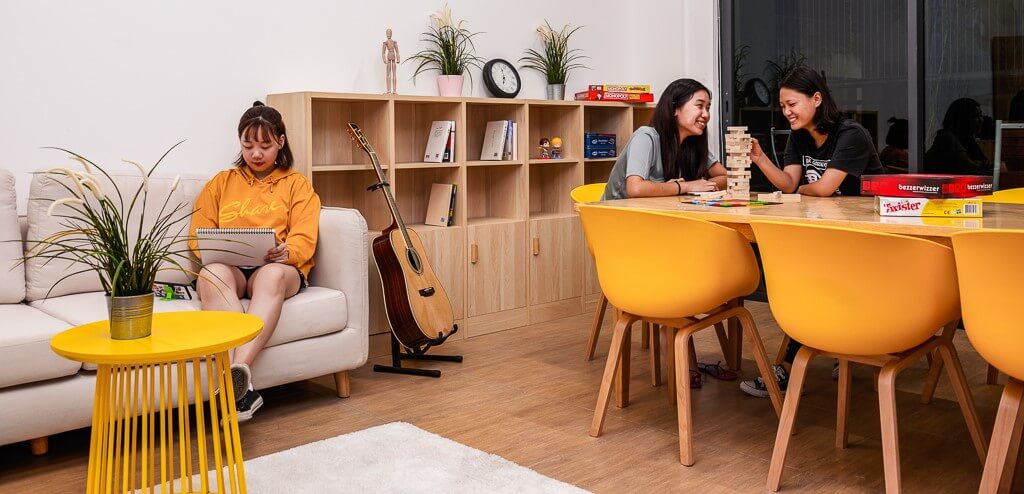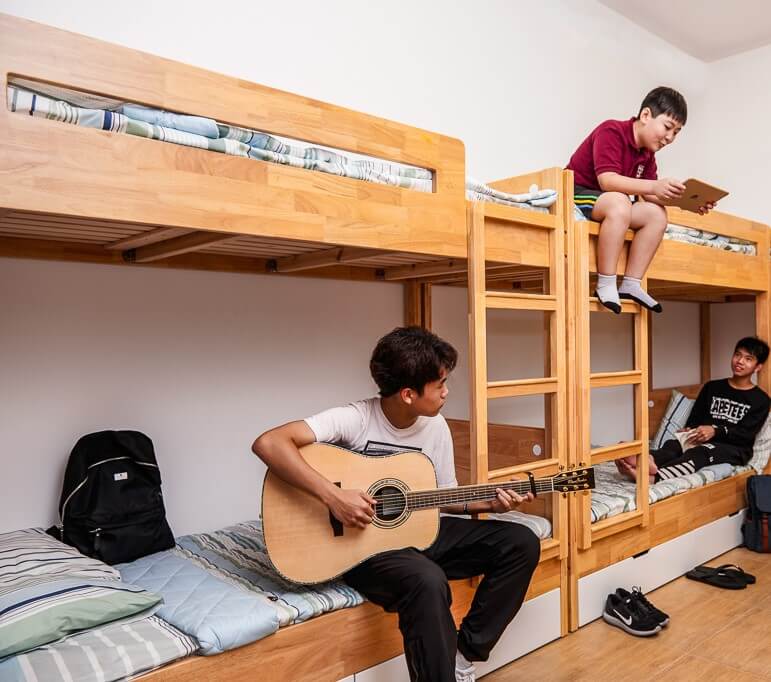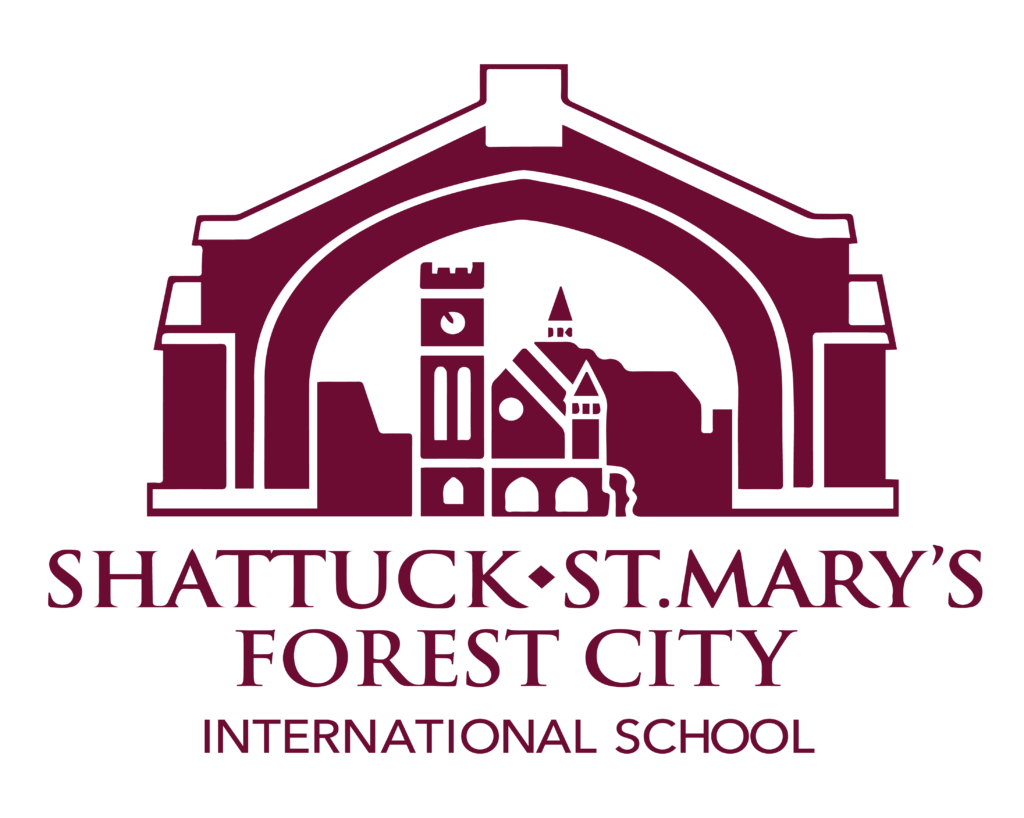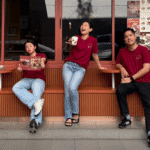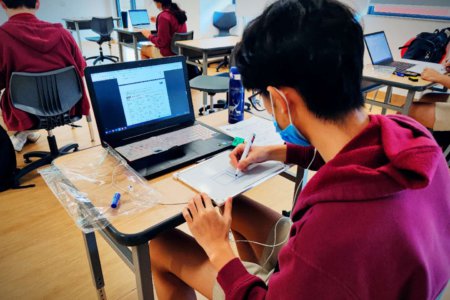Imagine waking up to a wholesome breakfast; a day of academic, sports and social interactions follows. All of this takes place within cutting-edge facilities — from a two-storey customised weCreate laboratory to Olympic-size pools and fully-equipped dance studios. On weekends, there are chaperoned excursions to local malls, movie theatres, and even to Singapore.
This is the sort of boarding experience parents can expect from Shattuck-St. Mary’s Forest City International School (SSM-FC) in Johor, Malaysia. At this co-educational school, students from Malaysia, Singapore, Indonesia, Vietnam, China, Japan, Korea, Bangladesh, Ukraine, USA, UK, and Canada get to fully immerse themselves in an American curriculum in a verdant location, surrounded by lush forest.
They get to learn how to live independently, manage their time and form lifelong friendships with schoolmates. If they are homesick, there is wi-fi throughout campus to FaceTime home, where parents are already up to speed about their child’s schedule, assignments, test grades, attendance, and comments from teachers thanks to the school’s intranet. On-site teachers and coaches, some of whom live in the halls, are on hand with a cup of tea ready to hear their stories.
“The best part of our programme is the community-oriented philosophy we have built, and the idea that everyone has the power to make their home a better place. Our students feel safe here, and know that there is always someone there to help them, be it an adult or a peer,” says Director of Residential Life, Pablo Lozada.
Boarding here mimics real family homes as much as possible, according to Lozada. Students are organized into families, led by dorm parents and designed to be diverse in terms of gender, age and nationality. Together, these family units help boarders build their social, personal, and academic lives. Twice a week, families meet to share moments, get guidance, and receive care. Families also take off-campus trips together or go out to dinners to build social relationships between members. “In this way, we can encourage multicultural relationships at the small-group level under adult guidance. Having as many opportunities for cross-cultural interactions as possible will prepare students to engage with their peers as they move through life in our interconnected world,” Lozada shares.
There are three different types of studying sessions. Study Hall runs every evening from Sunday to Thursday, a time dedicated for homework at dorms or in the Student Activity Centre. A member of the teaching faculty supervises these sessions, checking in and answering questions. Independent Study takes place on Saturday mornings, a “work before play” scheme with two faculty members present to check homework. For students who are not performing up to standard, Student Support is offered in three time blocks on the weekends — these are small-group sessions for those who need more one-to-one support. “Every session offers a different faculty so students can get a wide range of academic help,” Lozada explains.
There is considerable research linking such experiences to better academic and personal development. According to The Association of Boarding Schools, boarding school graduates succeed at significantly higher rates in college and adult life — 78% said that they are more prepared for college. Only 23% of public school students said the same. Half of boarders went on to earn advanced degrees; only 21% of public school graduates achieved the same. This could be due to them spending more hours on homework (17 hours a week compared to eight hours among commuting students) and being more motivated from their school environment.
Little things matter too: boarding students build up to form valuable life skills, according to Lozada. From their first day on campus, boarders learn how to live with other people, share spaces, clean for themselves, wash their own clothes, make their own schedules, and be proactive in seeking help when needed. This is in addition to study skills — both from adults and from each other — cooking skills, leadership skills, teamwork, critical thinking, and other competences that enrich their lives.
They can train to be the next Michelle Wie or Rory McIlroy too — the newly introduced Golf Centre of Excellence programme is led by Director of Golf and Class A member of the Professional Golfers’ Association of America Fred Fruisen who has 23 years’ worth of coaching experience. Golf is not just a sport; it’s a life skill. SSM-FC students stand to gain maturity, patience, perspective and more as they learn to play high level tournament golf at the junior, collegiate and professional level. This is in addition to swing fundamentals, course management, cause and effect as well as rules and etiquette.
The programme starts with Coach Fruisen conducting a total game assessment for each individual to identify a golfer’s strengths and weaknesses, both physically and mentally. This is followed by a personalised plan that will unlock the potential for each student. The venue? Multiple golf courses such as the Forest City Golf Resort, a 36 hole Jack Nicklaus golf design featuring the Classic Course and the Legacy Course. Be prepared, as Coach Fruisen will challenge you with tour level practice drills at these beautiful golf courses with excellent driving ranges and short game practice areas. With this elite programme by SSM-FC, the only thing students will see is dramatic improvements that will take their game to the next level.
Follow Shattuck-St. Mary’s Forest City School on Facebook, Instagram, and YouTube.

